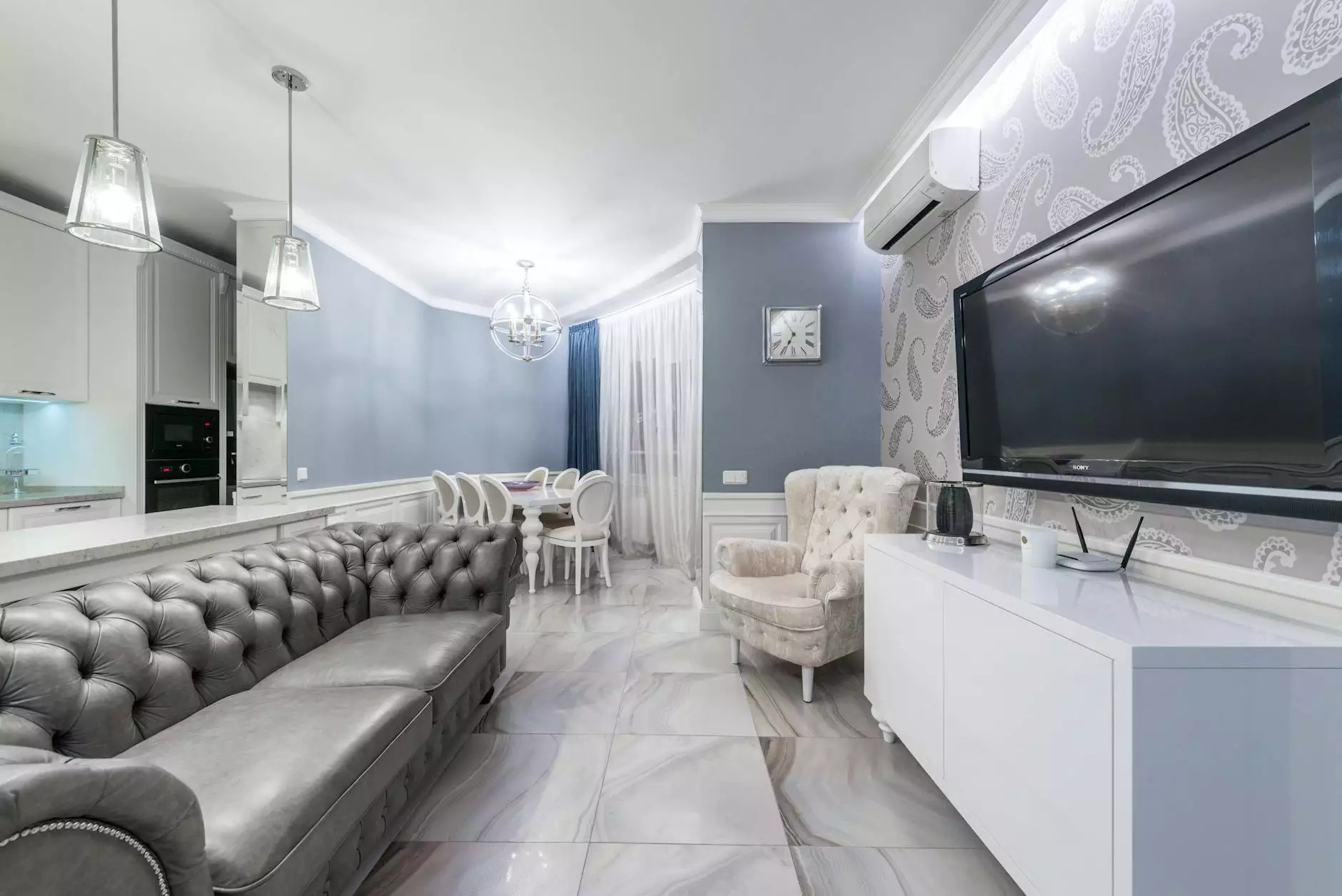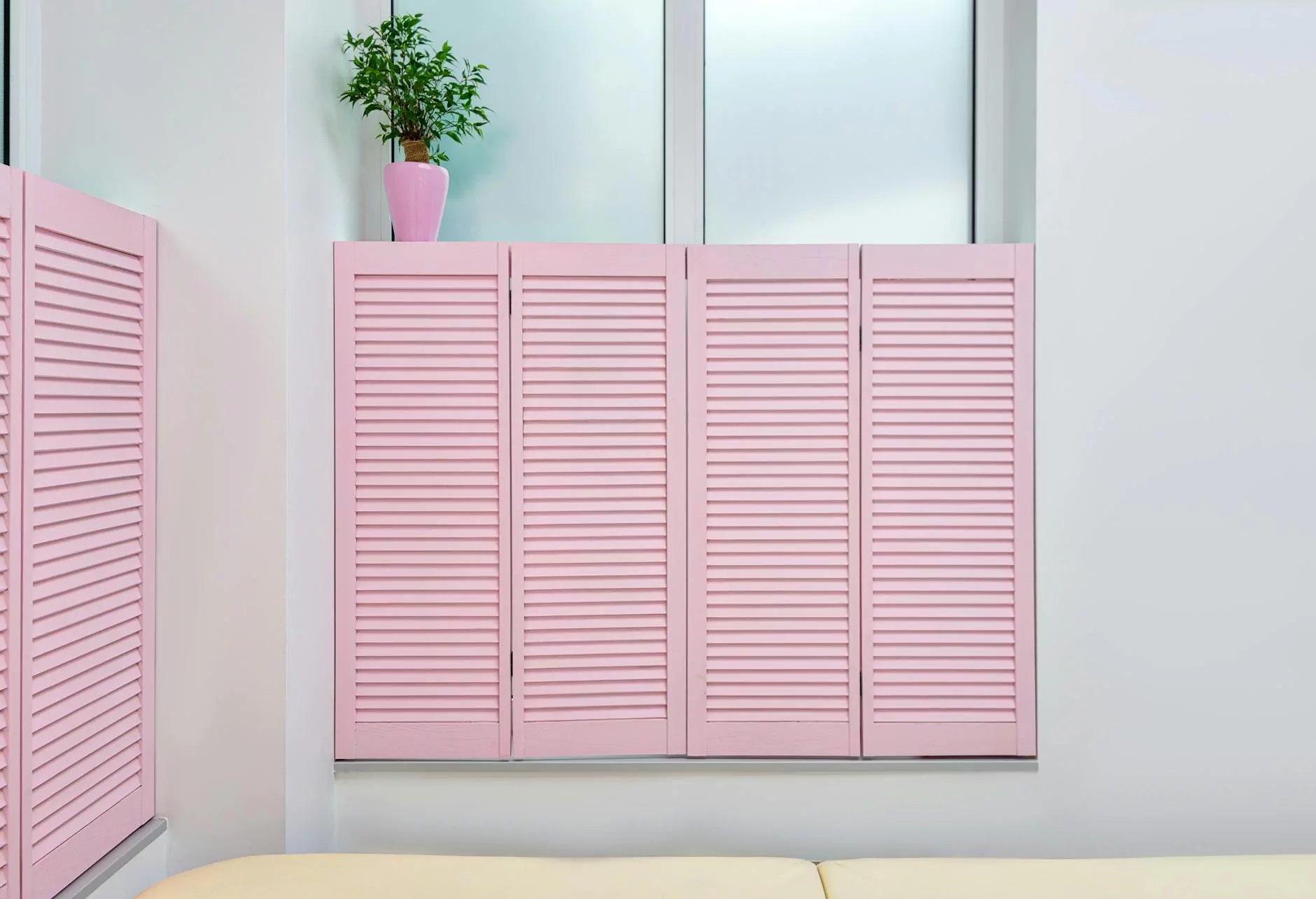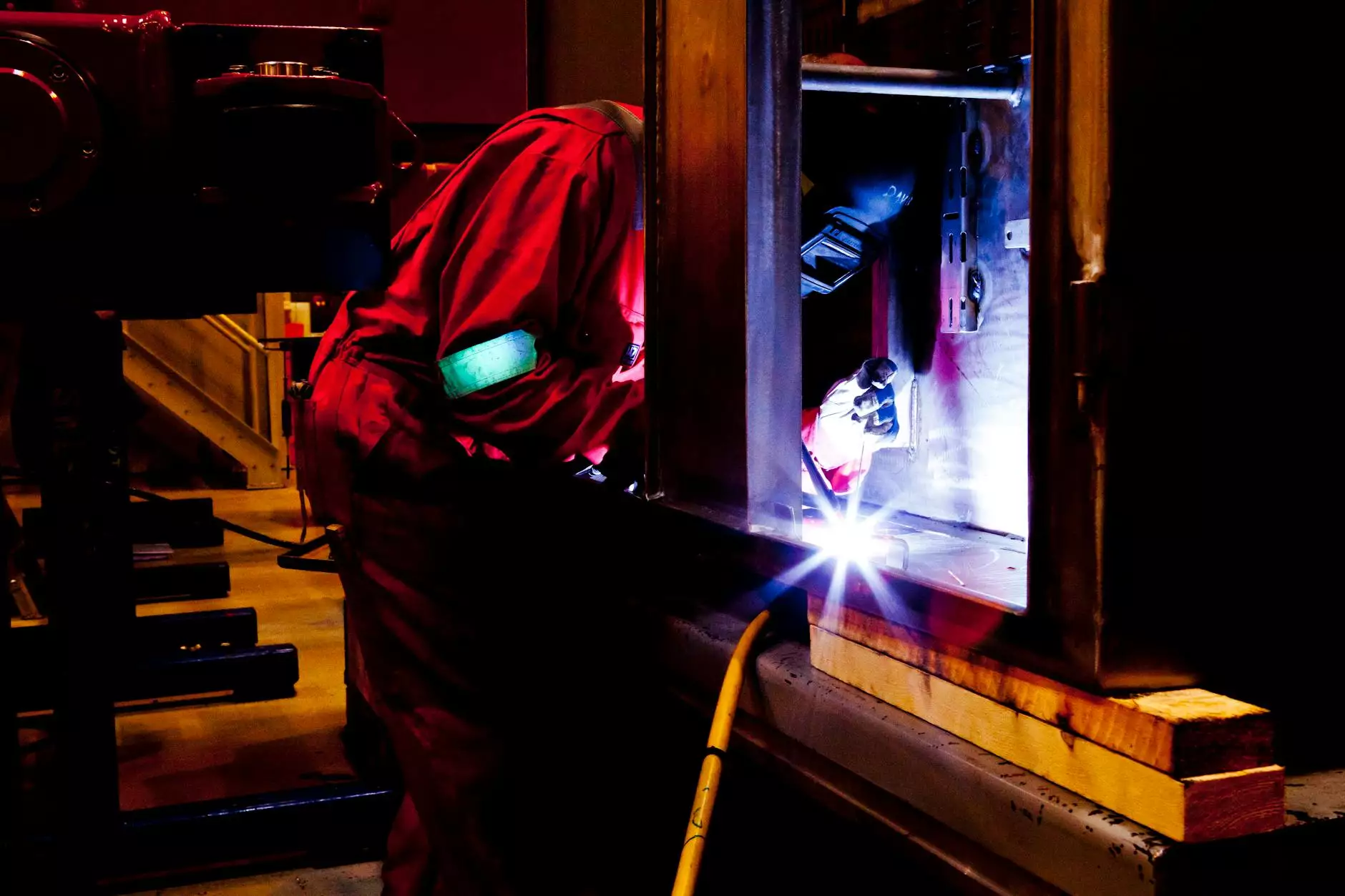Welcome to Your Ultimate Guide to Air Conditioners Stores

Finding the right air conditioning unit for your home or business can seem daunting. There are numerous options available, each with different features and benefits. However, by understanding the air conditioners store landscape, you can make informed decisions that will keep you cool and comfortable for years to come.
Understanding Air Conditioning Systems
Air conditioning systems come in various types, each designed to meet specific cooling needs. Familiarizing yourself with these systems is fundamental when shopping at an air conditioners store.
- Central Air Conditioning: This system is ideal for cooling large spaces. It consists of an outdoor compressor and indoor air-handling units.
- Ductless Mini-Split Systems: Perfect for homes without ductwork, these systems can effectively cool individual rooms.
- Window Units: These affordable and easy-to-install compact units are suitable for single rooms.
- Portable Air Conditioners: A versatile option, portable units can be wheeled from room to room.
- Hybrid Systems: Combining the best features of electric and gas systems, hybrid AC systems offer efficiency in various climates.
The Importance of Energy Efficiency
When shopping at an air conditioners store, efficiency ratings should be a major consideration. The Seasonal Energy Efficiency Ratio (SEER) measures cooling efficiency. A higher SEER rating indicates better energy efficiency, which translates to lower utility bills.
Look for units with the ENERGY STAR label, which signifies that the air conditioning system meets strict efficiency guidelines set by the U.S. Environmental Protection Agency.
Key Features to Consider When Buying Air Conditioners
Choosing the right air conditioning unit involves evaluating several important features:
1. Cooling Capacity
The cooling capacity is measured in British Thermal Units (BTUs). A higher BTU rating indicates a higher cooling capacity. Understand your space requirements to determine the necessary cooling power.
2. Noise Levels
Some units operate more quietly than others. If noise is a concern, check the decibel (dB) ratings — lower numbers mean quieter operation.
3. Additional Features
- Smart Technology: Some modern air conditioning systems can be controlled via smartphones or voice-activated devices.
- Air Purification: Features like HEPA filters or UV lights offer additional air quality improvements.
- Dehumidification Modes: This feature can help reduce humidity levels, making your indoor environment more comfortable.
Where to Buy Air Conditioning Units
When considering an air conditioners store, it's essential to choose a place with a good reputation and knowledgeable staff. Here’s what to look for:
1. Local Stores
Visit local HVAC contractors and specialty stores. They often provide personalized service, expertise, and support.
2. Online Retailers
Many consumers appreciate the convenience of online shopping. Websites often feature customer reviews, detailed product specifications, and seasonal promotions.
3. Home Improvement Chains
Major home improvement stores often have a wide selection of air conditioning units and carry well-known brands. However, make sure to compare prices and features before making your purchase.
Installation Process
Once you have selected your air conditioning unit, the installation process can affect its efficiency and performance. Here are some important steps to follow:
1. Professional vs. DIY Installation
If you are not comfortable with installation, hiring a professional is recommended. A poorly installed air conditioner can lead to inefficiency and additional costs. Ensure that the professionals are certified and experienced.
2. Proper Sizing and Location
Ensuring your air conditioning unit is properly sized and installed in the right location will maximize efficiency. The unit should be able to circulate air effectively throughout your space.
Maintenance Tips for Longevity
Just like any other appliance, regular maintenance of your air conditioning unit is crucial to ensure long-term functionality. Here are some essential tips:
- Regular Filter Changes: Clean or replace filters every month or according to the manufacturer's recommendations.
- Professional Tune-Ups: Schedule annual maintenance with certified technicians to ensure everything is running smoothly.
- Keep the Outdoor Unit Clear: Ensure that the outdoor condenser is free from debris, including leaves and tall grass.
Benefits of a Quality Air Conditioner
Investing in a quality air conditioning unit can bring numerous benefits:
1. Enhanced Comfort
Maintaining a consistent temperature throughout your space can significantly enhance comfort levels, making your home or business more enjoyable.
2. Improved Air Quality
Modern air conditioners often come with advanced filtration systems that help remove dust, allergens, and other particles from indoor air, promoting overall health.
3. Increased Property Value
A well-functioning air conditioning system can significantly improve the value of your property. Prospective buyers often view efficient HVAC systems as a desirable feature.
Conclusion
Shopping at an air conditioners store can be a straightforward and rewarding experience with the right knowledge and preparation. By understanding the different types of air conditioning systems, their features, and the importance of maintenance, you are well-equipped to make informed decisions for your cooling needs. Remember, a quality air conditioning unit not only enhances comfort but also contributes to your overall well-being and property value.
For more information and to explore a wide selection of air conditioning units, visit dihaairconditioning.com, your trusted source for HVAC solutions.









